Urban development traps are affecting the economic performance of the region, especially employment growth and wages. Specialized policies are needed to help cities like Ho Chi Minh City escape these traps.
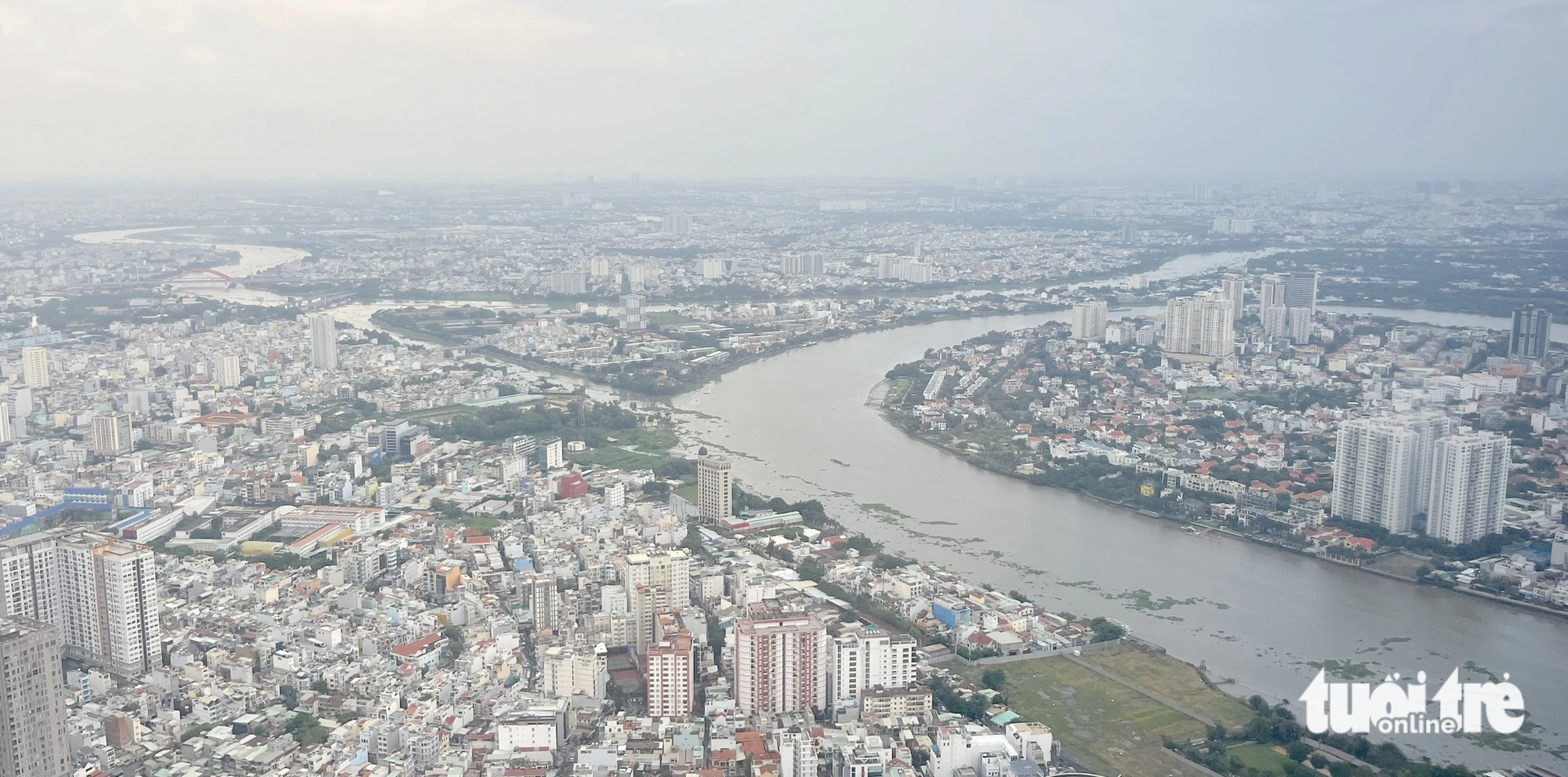
To overcome the middle-income trap, Ho Chi Minh City needs to overcome many challenges in labor productivity, investment capital mobilization and infrastructure improvement - Photo: N.BINH
Professor Ron Boschma from Utrecht University (Netherlands) shared at the 6th International Scientific Conference on Leadership and Public Policy recently held in Ho Chi Minh City (VSLP 2024) about the way out of the urban development trap of Ho Chi Minh City.
With the topic "Urban Development Trap: Experience in Europe and Suggestions for Vietnam", he said that Ho Chi Minh City needs to have strong investments in education , research, and institutional development. These investments can create conditions for cities to shift from simple industries to high-tech and creative industries.
Where does the urban development trap come from?
According to Professor Ron Boschma, many countries are facing the problem of middle-income trap and urban development trap. If they only imitate the countries that have gone before, without innovation, creativity, and finding their own way, many areas will find it difficult to develop further.
Three types of urban development traps have been identified. The structural trap is the most serious, occurring when the relatedness of industries and regions is at an average level and their complexity is low on average. This leaves the region lacking opportunities for diversification and prone to stagnation.
The second is the low complexity trap, which refers to a city or region with high density but low complexity. Although there are many opportunities for development, they are mainly concentrated in low complexity industries, limiting the ability to transition to more complex industries, reducing the possibility of economic development and sustainable growth.
Finally, there is the low-involvement density trap. Some sectors have high complexity but low involvement density, which limits their ability to expand into new sectors. These sectors have complex operations but cannot be easily transferred to other sectors, making them inflexible and vulnerable.
This is explained by the fact that a city with many industries coexisting can promote regional growth through knowledge sharing and complementary capabilities. However, the reality is that some cities are limited to low-complexity industries and activities, reducing the possibility of economic development and sustainable growth. This is the story that Ho Chi Minh City has recognized and is shifting.
What should Ho Chi Minh City do?
Professor Ron Boschma emphasized the spread of industries and the importance of linkages in regional economic development to promote urban development. So what policies should a city with the leading role in the Southeast region like Ho Chi Minh City choose to avoid being stuck in the "low complexity trap"?
Cities need to take advantage of opportunities to develop low-complexity activities. He noted a focus on “green” activities – activities that may not require high complexity but are trending towards sustainable development, such as green technology and renewable energy.
This may be a safe and practical way for cities to escape the low complexity trap while still ensuring sustainability. Although rare, a small number of high complexity opportunities do exist, and targeting them can make a significant difference.
Developing advanced industries and technologies can help cities lay the foundation for higher-value industries, thereby attracting investment and highly skilled labor.
Mr. Boschma believes that there needs to be strong investment in education, research, and institutional development. These are the foundational elements that help prepare the workforce and knowledge infrastructure for participation in more complex industries.
These investments could enable cities to move from simple industries to high-tech and creative industries.
"This is not only a matter of economic development, but also an important step to avoid falling into long-term economic stagnation due to a lack of diversity and innovation in the industrial ecosystem," the Dutch professor emphasized.
With the theme: "Building Policy on Regional Development: International Experience in Spatial Organization and Public Management", the VSLP 2024 international scientific conference attracted more than 40 scholars, experts, researchers and policymakers from 12 countries in Ho Chi Minh City to exchange knowledge and expertise.
This is a scientific event organized by AVSE Global - Global Organization of Vietnamese Scientists and Experts (France), Ho Chi Minh National Academy of Politics, and Regional Academy of Politics II, with the cooperation of RMIT University Vietnam, City University of Hong Kong and Audencia Business School (France).
Source: https://tuoitre.vn/de-tp-hcm-khong-mac-ket-trong-bay-phat-trien-do-thi-20241102125720591.htm





![[Photo] Action for the Community tells stories of enduring journeys – both intimate and great, yet quiet and determined](https://vphoto.vietnam.vn/thumb/1200x675/vietnam/resource/IMAGE/2025/11/15/1763179022035_ai-dai-dieu-5828-jpg.webp)


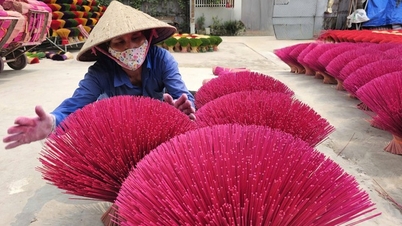

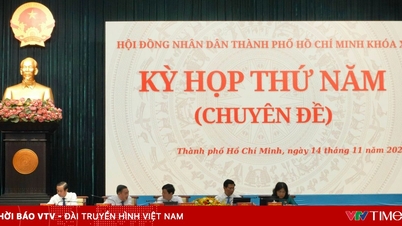

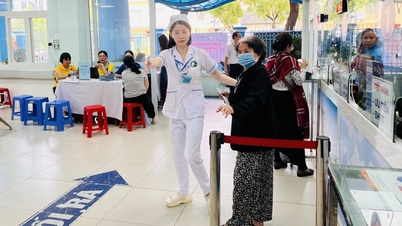


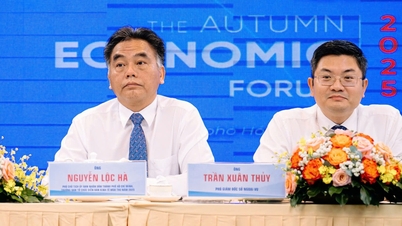
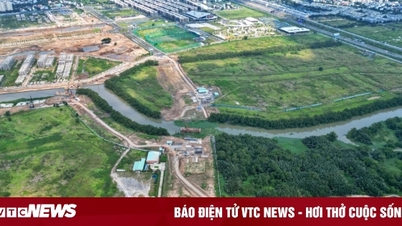

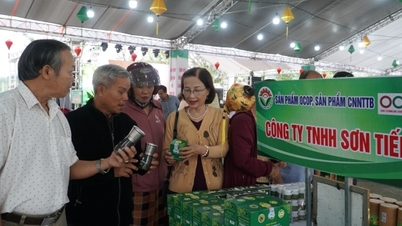



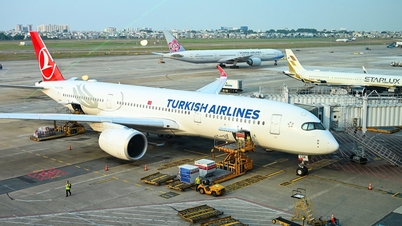
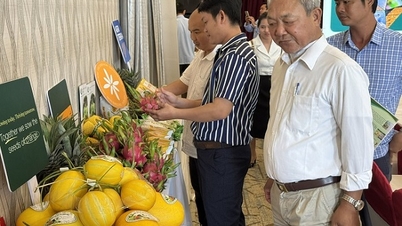

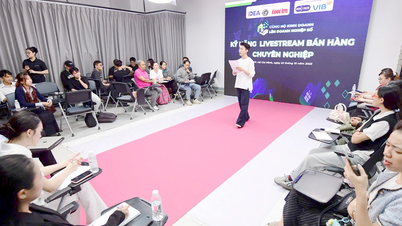







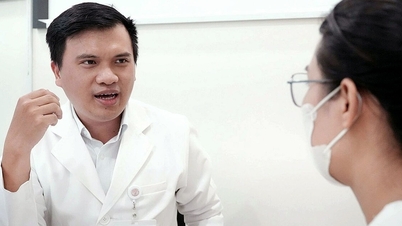
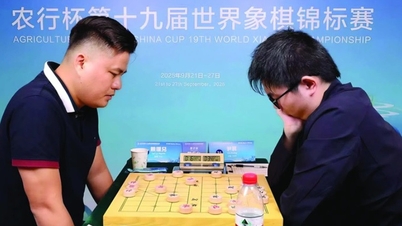
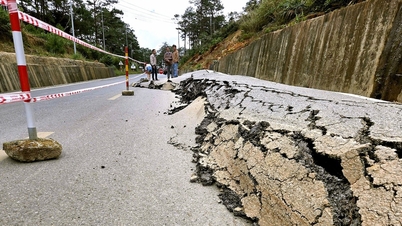






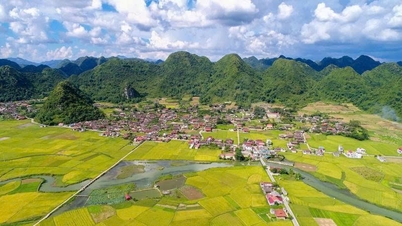

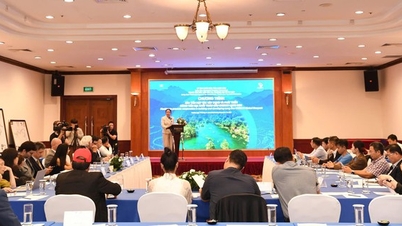
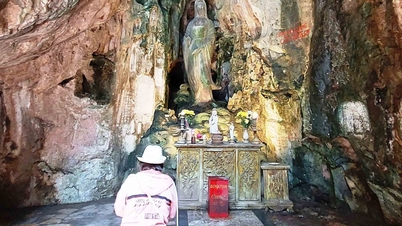

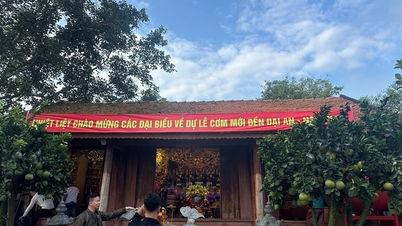

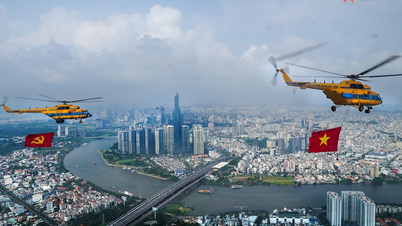

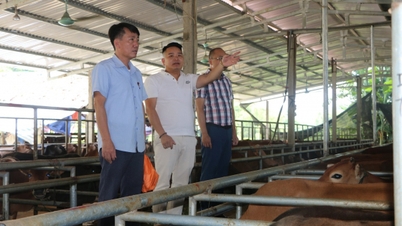

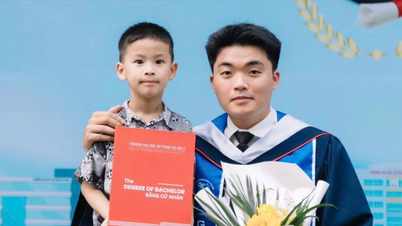

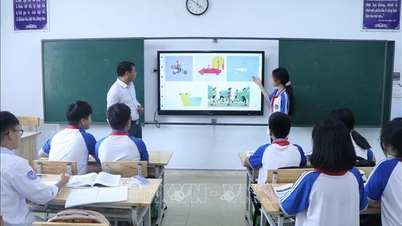

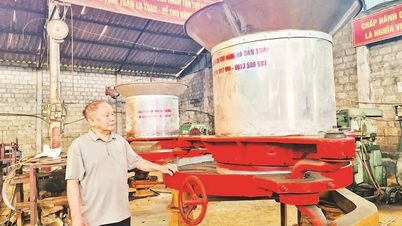

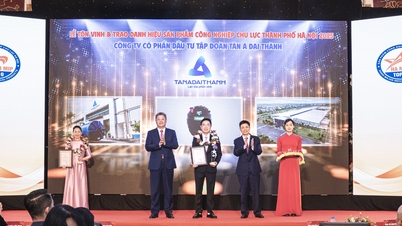


















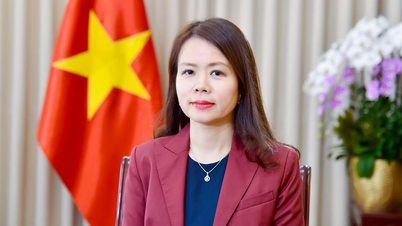







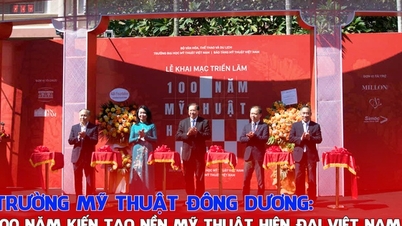


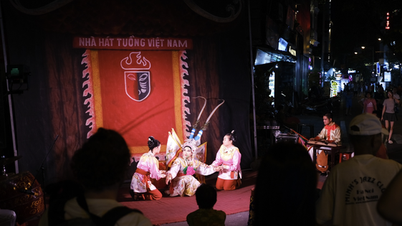


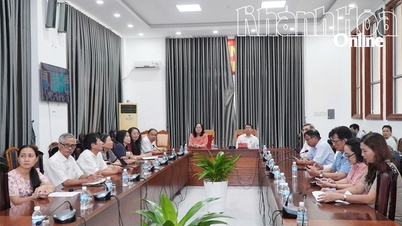

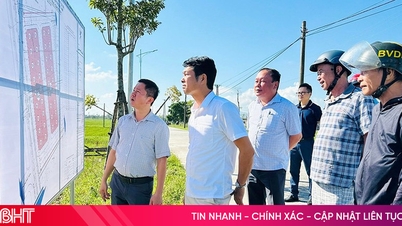

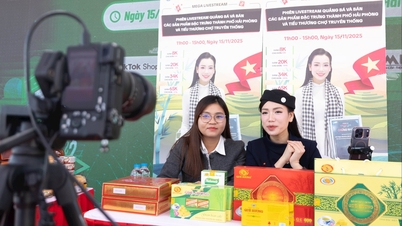


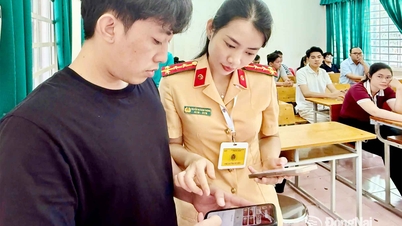









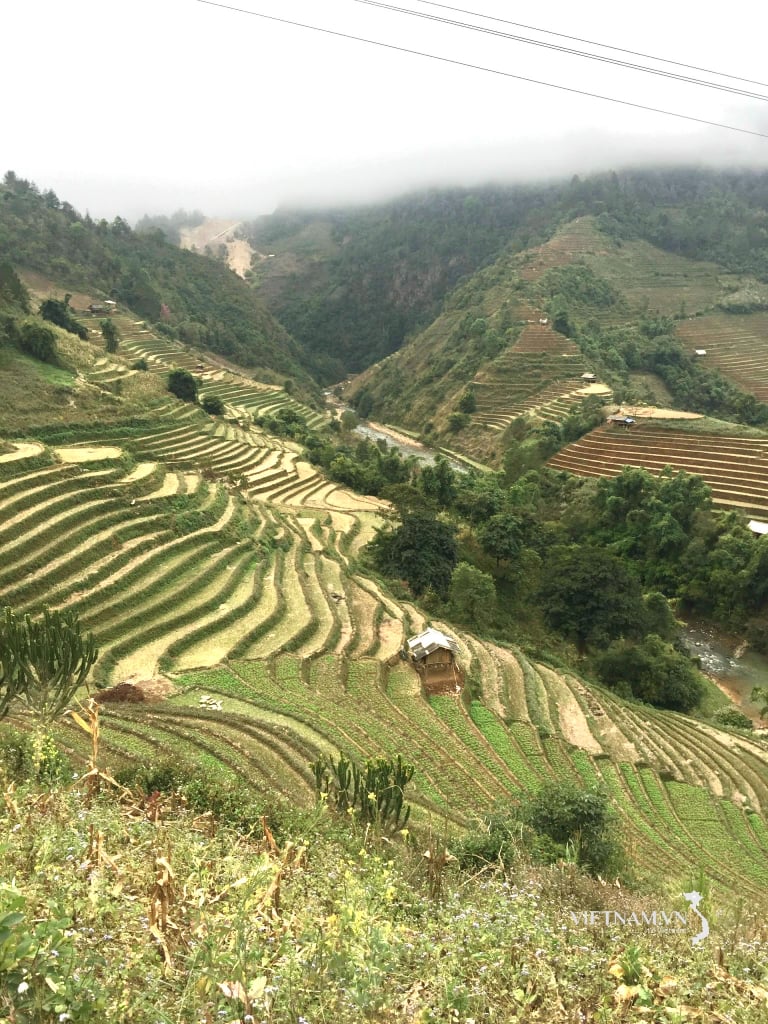

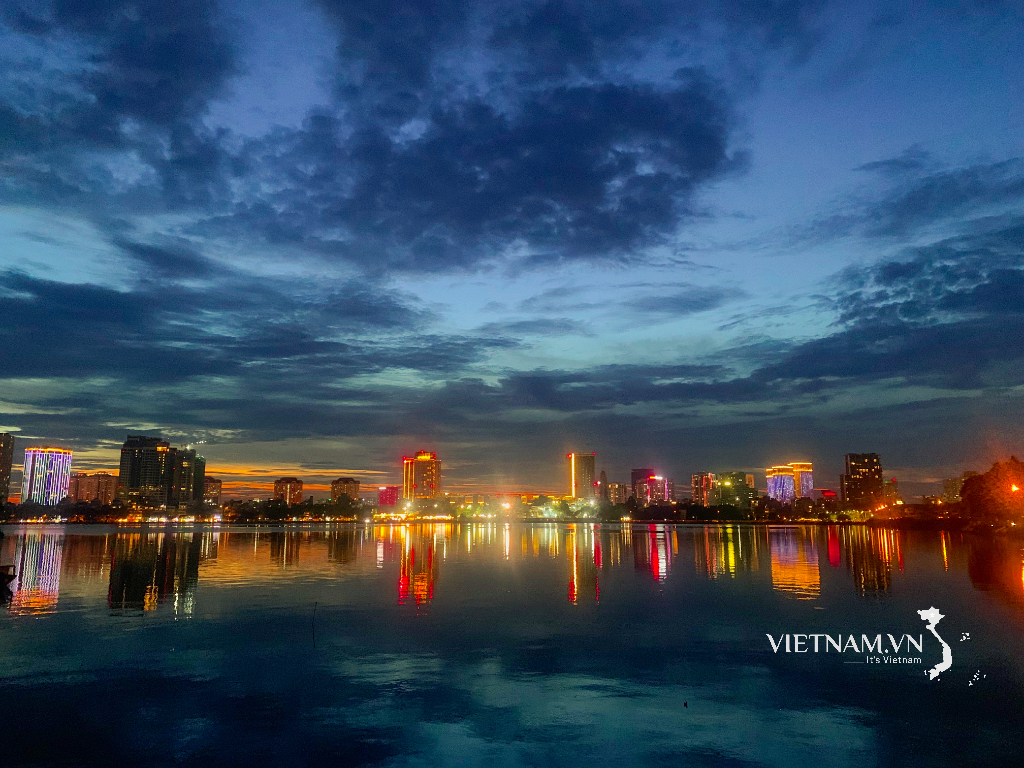
Comment (0)